Every major rail project of recent years - HS2, Crossrail, East West Rail, Great Western Electrification Programme and others - has blown its budget and timetable, reducing trust in the industry’s ability to deliver its promises.
But it’s not just railways - energy, utilities, roads, sports stadiums and myriad other industries take longer and require more money to deliver in the UK than elsewhere in Europe.
The obvious (and often asked) question is: “How come they can do it when we can’t?”
However, the reality of major infrastructure projects is inevitably much more complicated than that simple question.
Controversy, delays, political interference and cost overruns have been common for as long as humans have been building transport networks.
And it can be just as prevalent abroad. Major infrastructure schemes in most other countries also encounter fierce opposition, political meddling, eye-watering cost overruns, delays, policy U-turns and all the other difficulties encountered by UK projects.
Yet few descend into the kind of chaos and vitriol currently surrounding HS2 and other rail projects in this country.
A 2020 audit of eight major European infrastructure projects - worth €54bn (£46.6bn) in total - raised concerns about six schemes and identified an average delay of 11 years. Differing national investment priorities and squabbling over routing and planning rules were of particular concern to cross-border projects.
Despite this, many countries continue to support and deliver major projects. Austria, Switzerland and Germany have a long-term commitment to public transport investment rarely seen in the UK.
That’s not to say that there are no disagreements, but there is less of the confrontational, partisan and short-termist approach that blights UK politics and makes the delivery of long-term investment so difficult.
Generally speaking, there is broad public and political support for investment in high-quality public transport, which is seen as ‘a good thing’ for society.
Eric Cosandey, chief executive officer of Swiss company SMA, which delivers consultancy and software to optimise railway planning and operations, believes that lessons learned elsewhere in Europe could bring huge benefits to the way Britain’s rail network is planned, specified and operated.
He says: “Rather than seeing the public timetable as merely the end product, what if we put the service offer - as the ultimate promise to the end customer - at the heart of the decision-making process instead?
“Better strategic planning can enhance system integration, allow stakeholders to evaluate different service concepts and identify associated infrastructure and equipment to improve performance.”
Poland, Czechia and the Baltic States look set to join the high-speed rail club currently dominated by France, Spain (pictured), Germany and Italy over the next decade, while hundreds of billions of euros are promised for rail improvements across the continent.
If the next government and its successors commit to GBR and allow it to operate at arm’s length as outlined in the Williams-Shapps Plan for Rail, it could be possible to build a more confident, better prepared industry structure and create an informed strategy for UK rail that will shape more positive long-term developments over the coming decades.
Big civil engineering projects will continue to suffer delays and go over budget, as they always have and continue to do so elsewhere in the world, but long-term, cross-party commitment to infrastructure spending and the creation of stronger, better-informed organisations to plan and deliver them would undoubtedly help the UK to move away from its current troubles.
This article is part of a bigger feature in RAIL 1004 (March 6-March 19, 2024). Get your copy delivered to your letterbox or inbox.

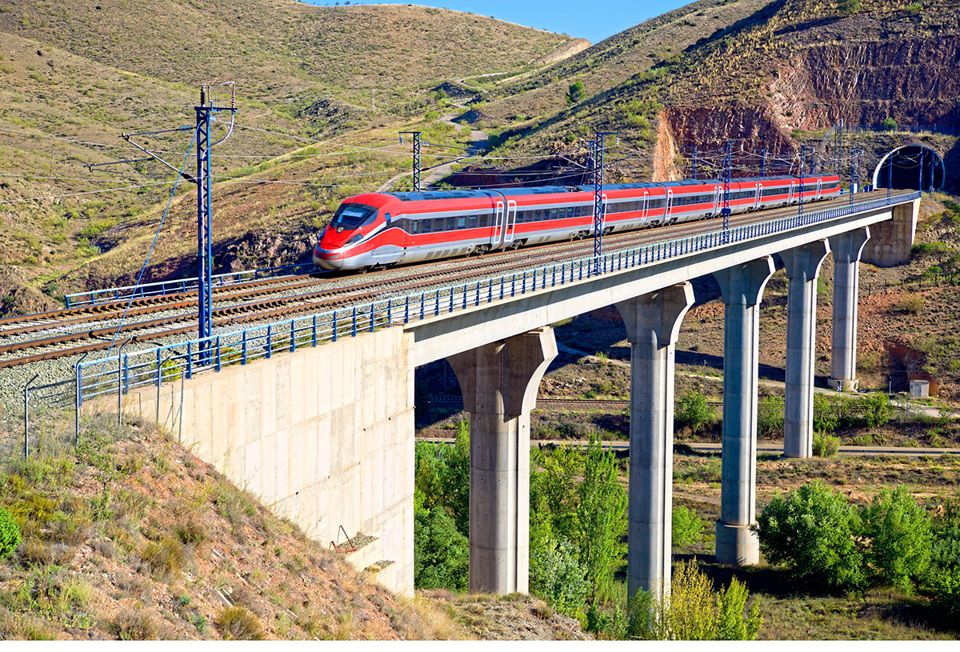

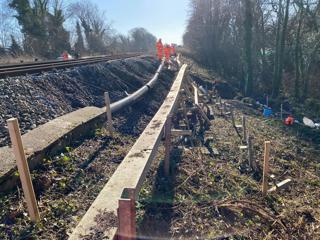
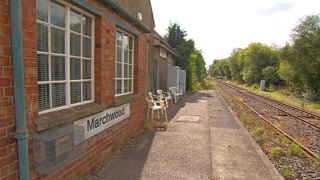
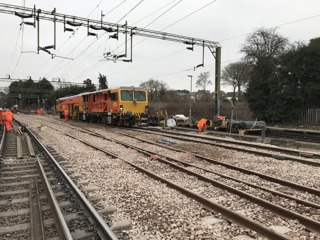
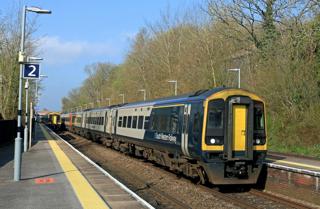
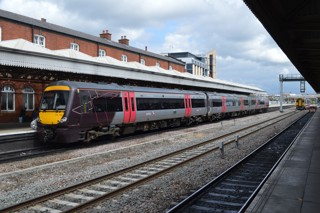











Login to comment
Comments
No comments have been made yet.